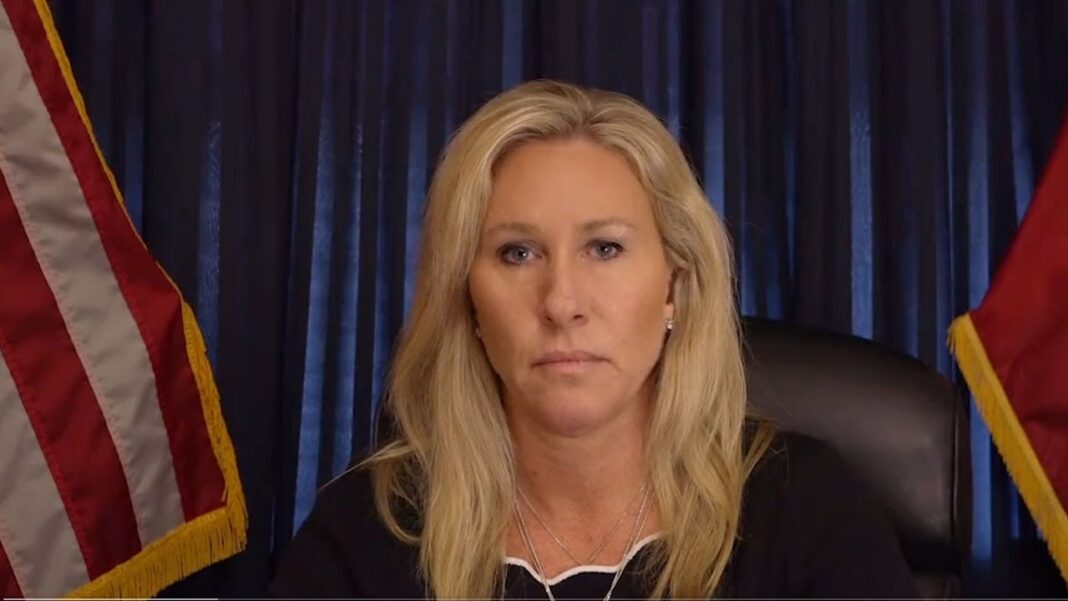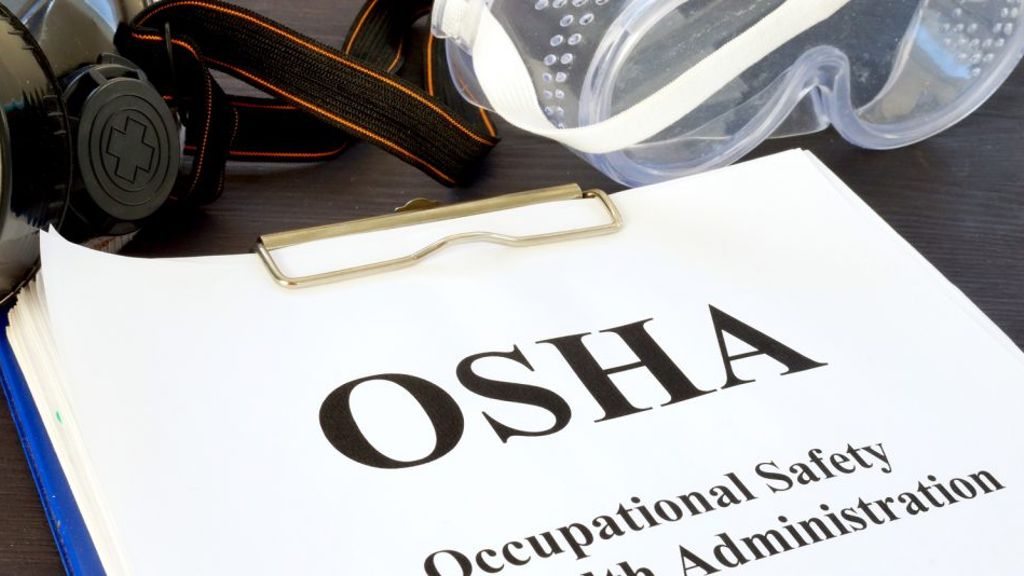
The COVID-19 pandemic has been one of fear, manufactured by individuals who were in the nominal positions of authority as the virus began to spread across the globe last year, according to Yale epidemiologist Dr. Harvey Risch.
In an appearance on EpochTV’s “American Thought Leaders” program, Risch, an epidemiology professor at the Yale School of Public Health and Yale School of Medicine’s Department of Epidemiology and Public Health, argued that by and large, what has characterized the entire CCP (Chinese Communist Party) virus pandemic has been a “degree of fear and people’s response to the fear.”
“Overall, I’d say that we’ve had a pandemic of fear. And fear has affected almost everybody, whereas the infection has affected relatively few,” said Risch.
“By and large, it’s been a very selected pandemic, and predictable. It was very distinguished between young versus old, healthy versus chronic disease people. So we quickly learned who was at risk for the pandemic and who wasn’t,” he added.
“However, the fear was manufactured for everybody. And that’s what’s characterized the whole pandemic is that degree of fear and people’s response to the fear.”
Risch has authored over 300 original peer-reviewed publications and was formerly a member of the board of editors for the American Journal of Epidemiology.
"I'm looking at clinicians who have now treated more than 150,000 patients, with fewer than 2 dozen deaths, with #hydroxychloroquine."
— Jan Jekielek (@JanJekielek) December 1, 2021
Yale epidemiologist Dr. Harvey Risch on the efficacy of hydroxychloroquine, #Ivermectin & other therapeutics.
🔴WATCH👉https://t.co/AdFnjPmJvw pic.twitter.com/ozS0QbWFp7
The epidemiology professor suggested that individuals who held the nominal positions of authority during the onset of the pandemic in March 2020 initially spread a much worse picture of the “dire nature” of the virus than was warranted.
That included the message that everybody was at risk, everybody could die from contracting the virus, everybody needed to find protection, everybody needed to stay in their homes and not socialize with others to protect themselves, and in this way protect society, Risch explained.
By Isabel van Brugen and Jan Jekielek





